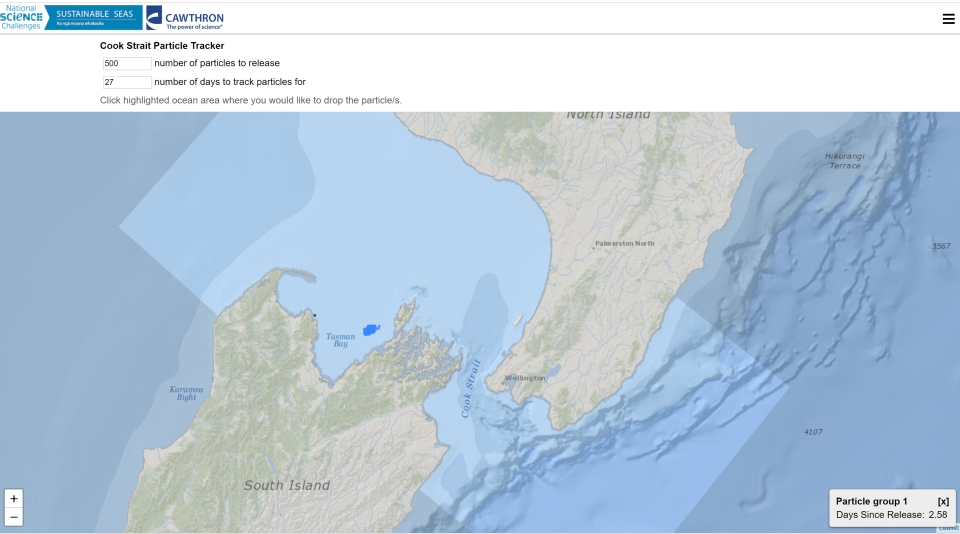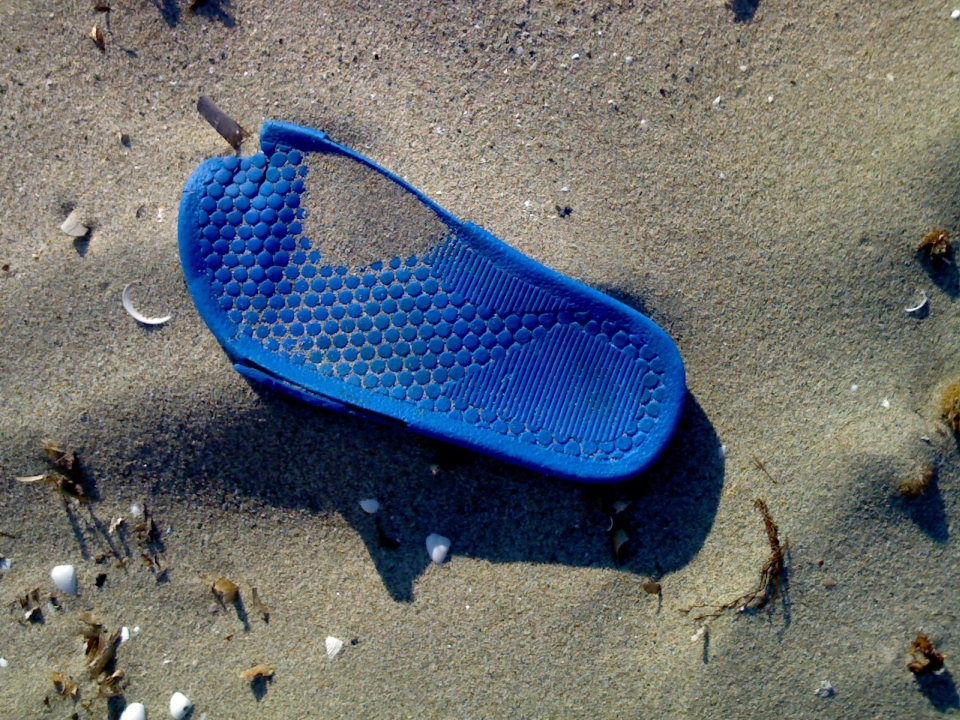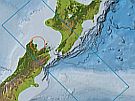We all contribute to the problem of plastic pollution so we must all work to reduce it. Plastic is one of the most common forms of rubbish in the world. Plastic can take hundreds of years to breakdown so plastic pollution is increasing every day.
A useful resource
Plastic is very useful and has made our lives much easier. We can carry our purchases from the store, stay dry in the rain, store things easily and securely, and preserve perishable food.
Plastics are used in furniture, construction materials, cars, appliances, electronics and countless other things. Plastics are everywhere, even in our homes. Just look closely in your refrigerator!
The invention of plastic in 1907 was considered a breakthrough. Plastic products soon became common in our daily lives.
Why has plastic become a problem?
For many years, we only saw the benefits of plastic and did not know about the damage plastics can cause to human health, natural ecosystems and the climate. Plastics are a problem because:
- They do not break down, they are non-biodegradable.
- They are made from hydrocarbon molecules from the refining of oil and natural gas.
- Plastics are difficult to dispose of safely.
Plastic pollution is now recognized as a hazard to public health and the human body. Chemicals leached from some plastics used in food and drink storage can be harmful to human health. These chemicals can increase the risk of disease.
Plastic is created from petroleum just like petrol. The drilling of oil and processing into plastic releases harmful gas emissions into the environment including greenhouse gases. These gases contribute to climate change.
Plastic pollution
For years plastic waste has been dumped directly into the ocean. Plastic can also be blown into waterways and the sea. This has led to the global problem of plastic pollution. Plastic is transported on ocean currents and can accumulate in certain areas of ocean many kilometres away from where it first entered the water. Sea creatures eat or get caught in plastic debris and can be hurt or killed.
Plastic does not degrade but rather is broken into smaller and smaller pieces. Plastic that is eaten by marine organisms, as well as the toxins they absorb from the water, accumulate up the food chain making seafood potentially dangerous for humans as well.
On this field trip you will see how technology can help predict how far plastics travel in our oceans and what impact plastics have on the marine environment.
Almost all plastic material stays on or near the surface of the ocean. This is because plastics are lighter than water. Ocean drifters or buoys are used by scientists to monitor ocean currents. These buoys float with the currents just like plastics. They send a short message to scientists every six hours about where they are and the conditions in that location. With this information, scientists have been able to create statistical models of the surface pathways of our oceans and track plastic debris.
You can find out more by watching this video.
How to reduce your plastic footprint
Think of everything that you use that is made of plastic and where possible replace plastic items with natural biodegradable alternatives.
- Refuse single use plastic bags and straws.

- Take reusable bags made of natural materials when you go shopping.
- When shopping, select products without plastic packaging.
- When you go clothes shopping, it is best to avoid fabrics with plastic microfibers such as nylon and polyester.
- Bring your own containers and use bulk bin options to refill these.
- Have your own re-useable drink bottle.
- Use wax wraps and glass containers rather than plastic wrap
- It is better to reduce plastic use and re-use plastics than recycle them.
- Only add items to the recycling collection if you are sure they are recyclable, so you do not disrupt the recycling process.







